Sanggenon C
- CAS NO.:80651-76-9
- Empirical Formula: C40H36O12
- Molecular Weight: 708.71
- MDL number: MFCD32004761
- SAFETY DATA SHEET (SDS)
- Update Date: 2024-11-17 16:00:36
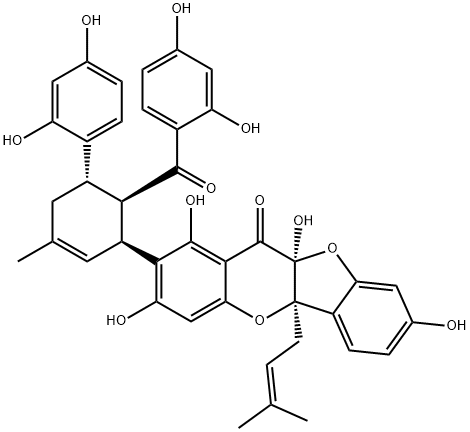
What is Sanggenon C?
Description
Sanggenone C is a flavonoid that has been found in mulberry bark and has diverse biological activities. It inhibits TNF-α- or IL-1β-induced polymorphonuclear leukocyte (PMN) adhesion to human synovial cells (HSCs; IC50s = 27.29 and 54.43 nM, respectively), as well as inhibits NF-κB activation in HSCs. Sanggenone C induces apoptosis and production of reactive oxygen species (ROS) in HT-29 cells when used at concentrations ranging from 10 to 40 μM. It decreases cell viability of HT-29 cells in vitro and reduces tumor growth in an HT-29 mouse xenograft model when administered at a dose of 10 mg/kg. Sanggenone C increases vertebrate column bone mineralization in a zebrafish model of prednisone-induced osteoporosis. It also attenuates cardiac hypertrophy and fibrosis and reduces activation of nuclear factor of activated T cells 2 (NFAT2) in a mouse model of pressure overload-induced cardiac hypertrophy.
The Uses of Sanggenon C
Sanggenone C is a flavanone isolated from Morus plant that showed cytotoxicity against human oral tumor cell lines (HSC-2 and HSG). Sanggenone C is also an inhibitor of protein tyrosine phosphatase 1B.
Definition
ChEBI: Sanggenon C is a diarylheptanoid.
Properties of Sanggenon C
| Melting point: | > 240°C (dec.) |
| Boiling point: | 995.5±65.0 °C(Predicted) |
| Density | 1.512 |
| storage temp. | Hygroscopic, -20°C Freezer, Under inert atmosphere |
| solubility | Acetone (Slightly), Methanol (Slightly) |
| form | Solid |
| pka | 6.61±0.60(Predicted) |
| color | Yellow |
Safety information for Sanggenon C
Computed Descriptors for Sanggenon C
New Products
(S)-3-Aminobutanenitrile hydrochloride 4-Methylphenylacetic acid N-Boc-D-alaninol N-BOC-D/L-ALANINOL Tert-butyl bis(2-chloroethyl)carbamate 3-Morpholino-1-(4-nitrophenyl)-5,6-dihydropyridin- 2(1H)-one Furan-2,5-Dicarboxylic Acid Tropic acid 1-Bromo-3,5-Di-Tert-Butylbenzene S-2-CHLORO PROPIONIC ACID ETHYL ISOCYANOACETATE 2-Bromo-1,3-Bis(Dimethylamino)Trimethinium Hexafluorophosphate 4-IODO BENZOIC ACID 3-NITRO-2-METHYL ANILINE 1-(2,4-DICHLOROPHENYL) ETHANAMINE (2-Hydroxyphenyl)acetonitrile 4-Bromopyrazole 2-(Cyanocyclohexyl)acetic acid 4-methoxy-3,5-dinitropyridine 1-(4-(aminomethyl)benzyl)urea hydrochloride 2-aminopropyl benzoate hydrochloride diethyl 2-(2-((tertbutoxycarbonyl)amino) ethyl)malonate tert-butyl 4- (ureidomethyl)benzylcarbamate Ethyl-2-chloro((4-methoxyphenyl)hydrazono)acetateRelated products of tetrahydrofuran
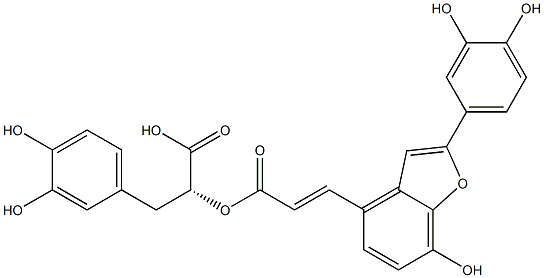
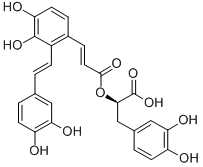
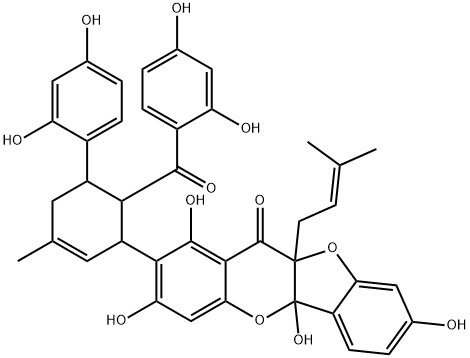
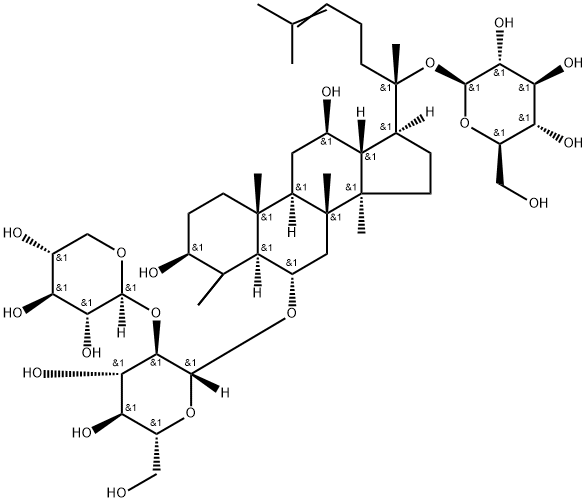
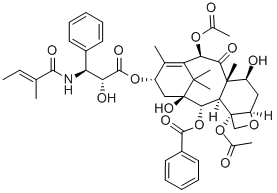

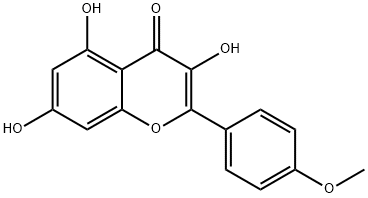
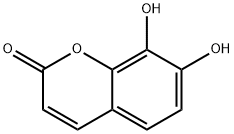
You may like
-
 2033-24-1 98%View Details
2033-24-1 98%View Details
2033-24-1 -
 42831-50-5 5-METHYLISOXAZOLE-4-CARBOXYLIC ACID 98%View Details
42831-50-5 5-METHYLISOXAZOLE-4-CARBOXYLIC ACID 98%View Details
42831-50-5 -
 1975-50-4 98%View Details
1975-50-4 98%View Details
1975-50-4 -
 2-HYDROXY BENZYL ALCOHOL 98%View Details
2-HYDROXY BENZYL ALCOHOL 98%View Details
90-01-7 -
 2-Chloro-1,3-Bis(Dimethylamino)Trimethinium Hexafluorophosphate 221615-75-4 98%View Details
2-Chloro-1,3-Bis(Dimethylamino)Trimethinium Hexafluorophosphate 221615-75-4 98%View Details
221615-75-4 -
 61397-56-6 CIS BROMO BENZOATE 98%View Details
61397-56-6 CIS BROMO BENZOATE 98%View Details
61397-56-6 -
 14714-50-2 (2-Hydroxyphenyl)acetonitrile 98+View Details
14714-50-2 (2-Hydroxyphenyl)acetonitrile 98+View Details
14714-50-2 -
 118753-70-1 98+View Details
118753-70-1 98+View Details
118753-70-1